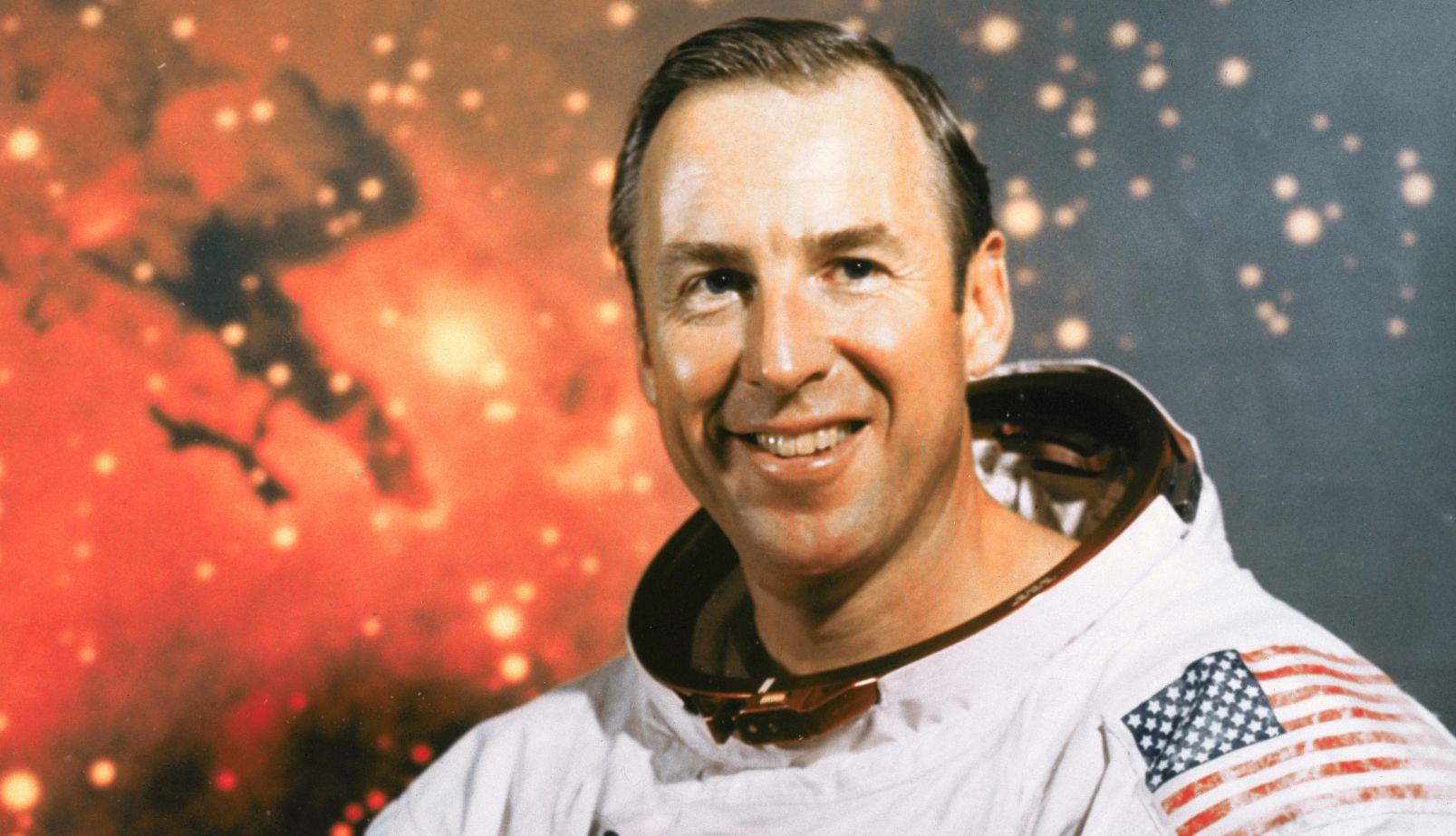AARP Hearing Center


James Lovell, the commander of Apollo 13 who helped turn a failed moon mission into a triumph of on-the-fly can-do engineering, has died. He was 97.
Lovell died Thursday in Lake Forest, Illinois, NASA said in a statement on Friday.
“Jim’s character and steadfast courage helped our nation reach the Moon and turned a potential tragedy into a success from which we learned an enormous amount,” NASA said. “We mourn his passing even as we celebrate his achievements.”
One of NASA’s most traveled astronauts in the agency’s first decade, Lovell flew four times — Gemini 7, Gemini 12, Apollo 8 and Apollo 13 — with the two Apollo flights riveting the folks back on Earth.
In 1968, the Apollo 8 crew of Lovell, Frank Borman and William Anders was the first to leave Earth’s orbit and the first to fly to and circle the moon. They could not land, but they put the U.S. ahead of the Soviets in the space race. Letter writers told the crew that their stunning pale blue dot photo of Earth from the moon, a world first, and the crew’s Christmas Eve reading from Genesis saved America from a tumultuous 1968.
In 2018, Lovell talked with the AARP Bulletin about how his work with the space program affected him.
“There’s an old saying, 'I hope to go to heaven when I die,’ ” Lovell said. “Suddenly, it dawned on me that we went to heaven when we were born! We arrived on a planet that had the right amount of mass to have the gravity to contain water and an atmosphere, just at the proper distance from a star. It appeared to me that God had given mankind sort of a stage to perform on. I guess how that play will turn out is up to us.”
The Apollo 13 mission had a lifelong impact on Lovell
But the big rescue mission was still to come. That was during the harrowing Apollo 13 flight in April 1970. Lovell was supposed to be the fifth man to walk on the moon. But Apollo 13’s service module, carrying Lovell and two others, experienced a sudden oxygen tank explosion on its way to the moon. The astronauts barely survived, spending four cold and clammy days in the cramped lunar module as a lifeboat.
''The thing that I want most people to remember is (that) in some sense it was very much of a success,’' Lovell said during a 1994 interview. ''Not that we accomplished anything, but a success in that we demonstrated the capability of (NASA) personnel.’'
A retired Navy captain known for his calm demeanor, Lovell told a NASA historian that his brush with death did affect him.
“I don’t worry about crises any longer,” he said in 1999. Whenever he has a problem, “I say, ‘I could have been gone back in 1970. I’m still here. I’m still breathing.’ So, I don’t worry about crises.”
And the mission’s retelling in the popular 1995 movie Apollo 13 brought Lovell, Fred Haise and Jack Swigert renewed fame — thanks in part to Lovell’s movie persona reporting “Houston, we have a problem,” a phrase he didn’t exactly utter.
Lovell had ice water in his veins like other astronauts, but he didn’t display the swagger some had, just quiet confidence, said Smithsonian Institution historian Roger Launius. He called Lovell “a very personable, very down-to-earth type of person, who says ‘This is what I do. Yes, there’s risk involved. I measure risk.’”
Lovell spent about 30 days in space across 4 missions
In all, Lovell flew four space missions — and until the Skylab flights of the mid-1970s, he held the world record for the longest time in space with 715 hours, 4 minutes and 57 seconds.
Aboard Apollo 8, Lovell described the oceans and land masses of Earth. “What I keep imagining, is if I am some lonely traveler from another planet, what I would think about the Earth at this altitude, whether I think it would be inhabited or not,” he remarked.



































































More From AARP
TV Star Loni Anderson Dies
She also earned headlines for a ‘tabloidy’ marriage to Burt Reynolds
Baseball Star Ryne Sandberg Dies
He was the National League MVP in 1984
Musical Satirist Tom Lehrer Dies at 97
His songs made light of serious issues in American society in the ’50s and ’60s